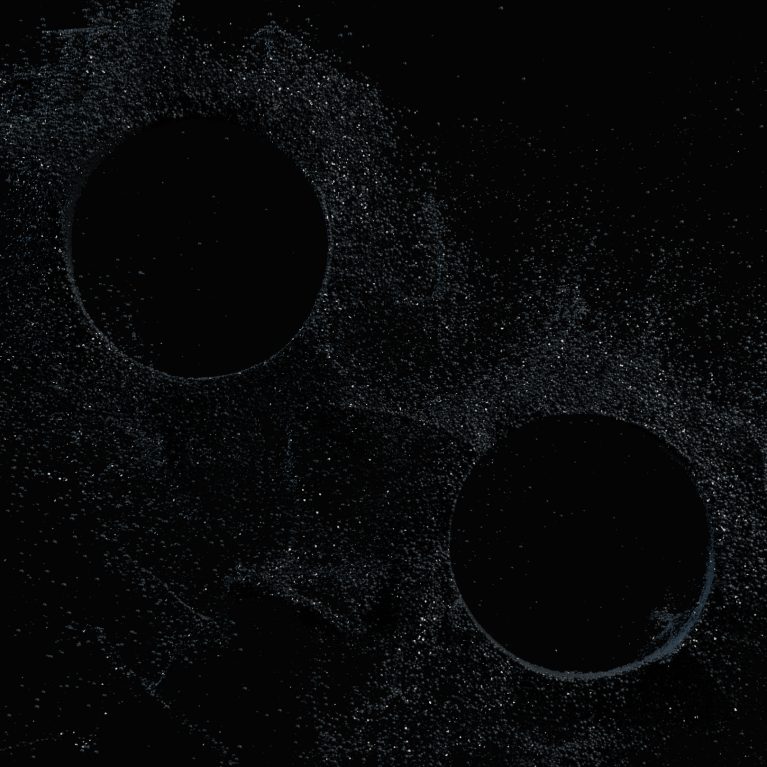B!POD’s Action Against Ocean Plastic Pollution
In recent years, the growing crisis of plastic pollution in our oceans has garnered significant attention. A pivotal aspect of this issue is the concept of Ocean Bound Plastic (OBP), defined as plastic waste at risk of entering the ocean. This waste, primarily arising from land-based sources, poses a significant threat to marine ecosystems and human health.
In 2023, B!POD took a significant step towards sustainability. It ceased the production of containers using traditional polypropylene (PP) and switched entirely to using OBP. This shift, occurring just one year after the brand’s inception, marks a pioneering move towards product development with a focus on circularity. It aligns seamlessly with B!POD’s commitment to overall sustainability in its production processes since its foundation.
Understanding Ocean-Bound Plastic
OBP is primarily characterized by its likelihood of ending up in our oceans. It encompasses both commercially recyclable and non-recyclable plastic waste. Pioneering research, including that by Jenna Jambeck et al., has been instrumental in understanding and defining OBP. Crucially, OBP is identified as abandoned plastic waste within 50 km of shorelines, especially in regions with inefficient or non-existent waste management systems. Notably, plastic waste in managed landfills is not categorized as OBP, highlighting the importance of efficient waste management.
In a landmark study, researchers estimated that in 2010, 192 coastal countries generated about 275 million metric tons of plastic waste, with 4.8 to 12.7 million metric tons entering the ocean. This vast quantity of waste entering marine environments each year underscores a critical environmental challenge. The study also revealed that population size and waste management efficacy are key factors in the amount of uncaptured waste contributing to oceanic plastic pollution.
Future Trends and Call to Action
This issue has profound implications for marine biodiversity, as well as for human health and economic activities reliant on healthy ocean ecosystems. The prediction that the quantity of plastic waste available to enter the ocean could increase tenfold by 2025 if current trends continue, highlights the urgency of addressing this issue.
Addressing OBP requires multifaceted approaches, including improving waste management infrastructure, especially in high-population coastal regions, and global cooperation in reducing plastic production and enhancing recycling processes. Public awareness and policy interventions are also crucial. The commitment of companies like B!POD to sustainability and circularity is a vital part of this collective effort, necessary to preserve our oceans for future generations.
Related News
Modified atmosphere: the science behind gas combinations for the unaltered preservation of nutritional properties and characteristics of food products
Preserving the original taste, texture and nutritional values.
Procedural Design for Industrial Applications
Topological optimization is revolutionizing design approaches in various fields, from complex system engineering to architecture.
Filippo Batavia and Ginevra Della Porta, reflections against food waste at the Wired Next Fest 2023
Leveraging the experience gained from the Nebula project, DesignHouse developed a new product from scratch in less than two years.









